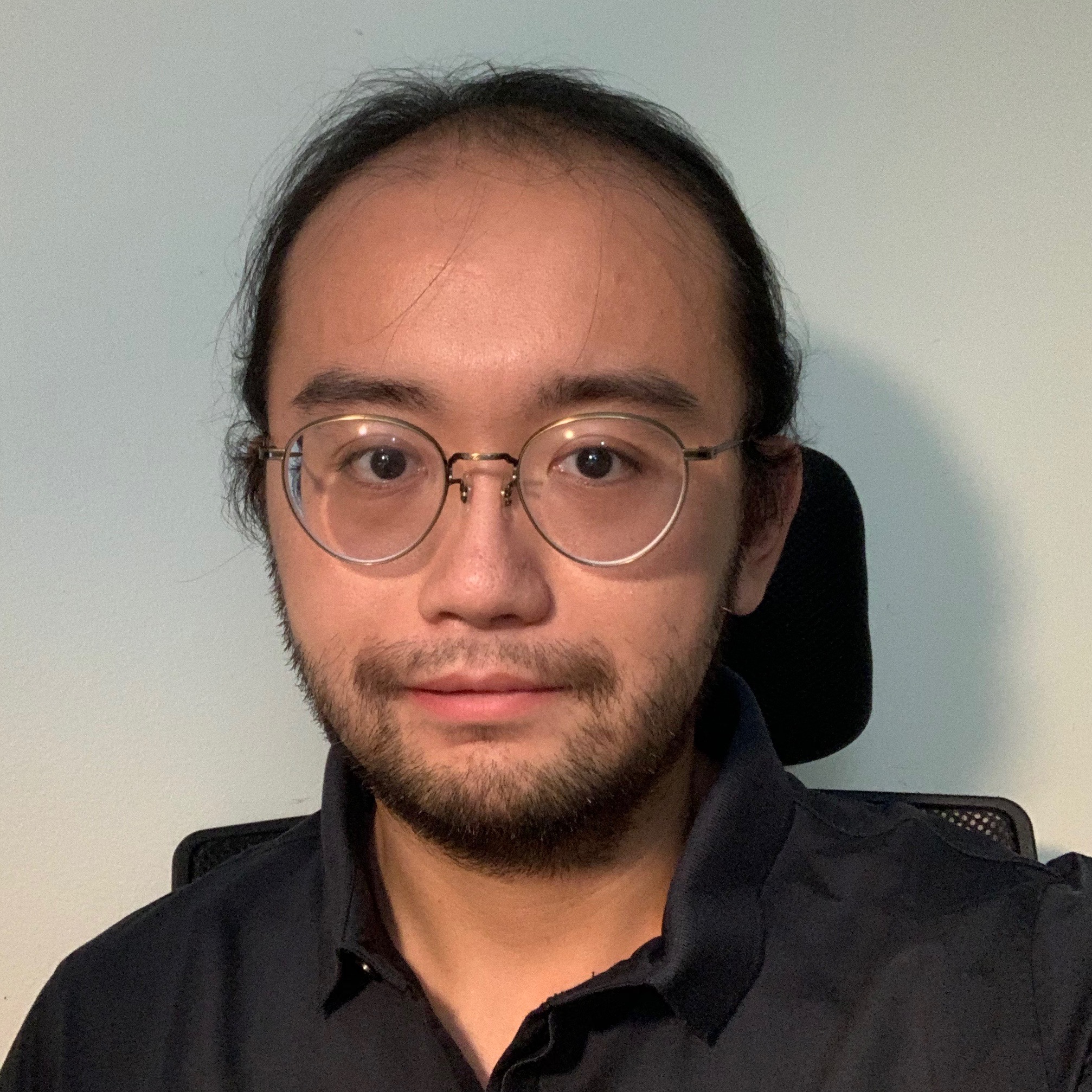LPC Distinguished Researcher

Name:
Jingyu Zhang
Institution:
Florida State University
Email:
Personal web link:
What I will be working on:
My physics interests are searches for exotic Higgs decays and extended Higgs sectors. In my DR period, I plan to finalize the analysis searching for light pseudoscalar Higgs bosons (a) in boosted H→aa→μμ𝞃𝞃 final state using full Run II dataset. In addition, I am starting a new analysis searching for a in direct gluon fusion production using boosted di-tau final state. This search is an extension of the H→aa analysis in that both analyses require the development of highly efficient boosted di-tau reconstruction for very small a masses. The direct a production analysis will probe new physics models such as the composite Higgs models and provide model-independent limits on low mass (10-60 GeV) di-tau resonances, a signature that has never been searched for at the LHC. Along with the physics analyses, I will also work on the HGCAL hardware development with the Fermilab HGCAL hardware group. I am building a cosmic muon trigger for the HGCal cassette testing and testing readout electronics for different tileboard designs as they evolve towards the final design. These hardware projects will be part of a broader effort to build the HGCal prototype cassette at Fermilab.
My role in CMS past and present:
I joined CMS in 2014 as a graduate student. During my Ph.D., I searched for new physics in dijet angular distributions and made leading contributions to the CMS Phase I calorimeter trigger upgrade in data quality monitoring software development and trigger menu development. Since postdoc, I have been working on the analysis searching for light pseudoscalar Higgs bosons (aa) in boosted H→aa→μμττ final state. I have also been involved in the HGCAL reconstruction development. For the iterative reconstruction (TICL) framework, I implemented the 2D layer clustering algorithm for the scintillator part. I also developed a method based on the hierarchical density-based spatial clustering with application of noise (HDBSCAN) algorithm for the shower reconstructions in the HGCAL.